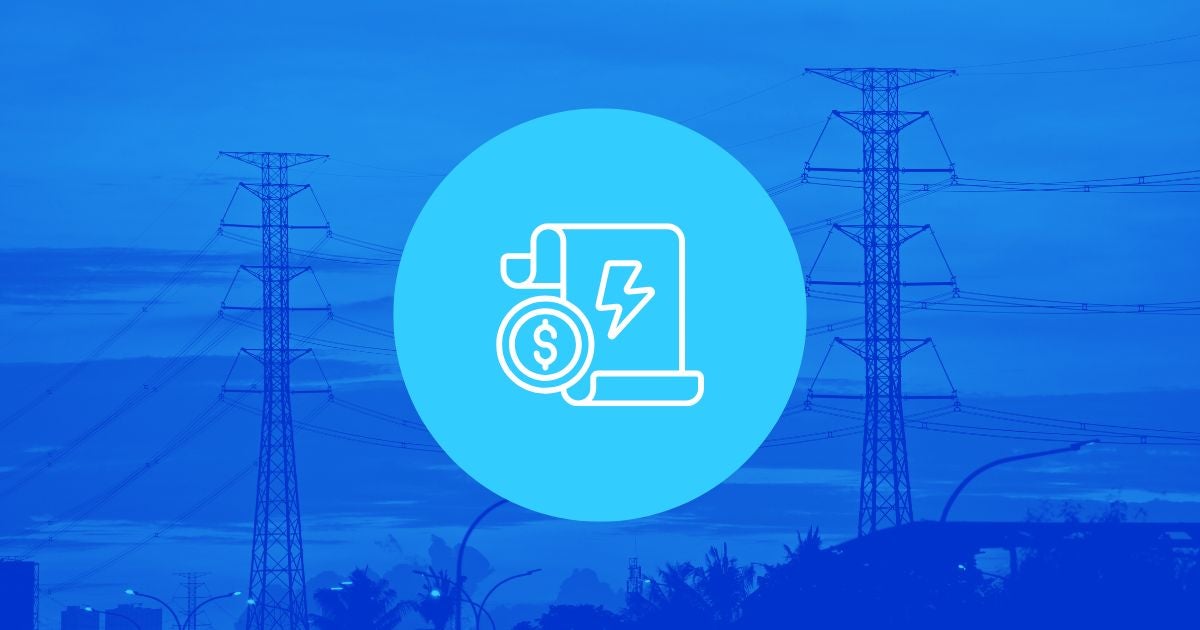API Misses the Mark: Why Refineries Will Do Just Fine Under ACES
The American Petroleum Institute (API) recently took a break from hosting anti-cap-and-trade rallies for oil company employees, and used its spare time to put out a study claiming the American Clean Energy and Security Act (ACES) would be unfair to American oil refineries. Unfortunately their study uses some dubious assumptions – and makes some even more questionable claims.
API’s study (carried out by consulting firm Ensys Energy) outlines two major complaints.
- First, API whines that the bill only sets aside 2.25 percent of emissions allowances for refiners, while the electricity sector gets 35 percent of the available allowances.
- The second, related claim is that ACES would increase the cost of doing business so much that companies would turn to cheaper overseas refineries instead.
Before we even address those complaints, there’s one thing I have to point out — API is relying on bad modeling and cherry-picked results to create its case.
- The results quoted in API’s news release come from running a scenario that severely restricts international offsets and allows no expansion of low-carbon technologies beyond what would happen without a clean energy bill. There’s no basis for those assumptions, but they do manage to skew the results to make refineries look more vulnerable.
- However, if we consider the “basic case” (or, “most likely”) model outcome in Ensys’ report, it is clear that the activity of domestic refineries is expected to increase compared to their current levels.
But let’s ignore the study results for a minute, and just take a look at API’s two complaints.
First, API seems to think refineries are getting picked on because they aren’t getting as many free allowances as the electricity sector. But — they ignore the reasons why the two are not comparable.
- The electricity sector allowances they’re talking about actually benefit American consumers. The allowances are first handed to local distribution companies, or LDC’s, but the value of the allowances doesn’t stay there. LDCs are required to use the value of those allowances to protect consumers from electricity price increases. Giving allowances to the LDC’s really means giving allowances to American ratepayers.
- Oil refineries, in contrast, are private companies whose owners are free to pocket any money they get from their emissions allowances. So giving allowances to oil refiners really means — giving money to oil refiners. (API might like those two ideas equally, but no one else does.)
Of course, if the oil refiners were willing to accept the same regulations as utilities, and guarantee that their emissions allowances would be used to lower the price of a gallon of gasoline, that’s an idea worth discussing. API’s study doesn’t put that offer on the table, though.
Second, API says that America could become dangerously dependent on foreign refineries. (API President Jack Gerard says, “Climate legislation should not come at the expense of U.S. economic and energy security.”)
But – U.S. refineries have cornered 90 percent of the market for domestic gasoline. Homegrown refineries dominate the market because there are, inherently, strong cost advantages for domestic production, and little incentive to send business overseas.
- Different states have different regulations governing oil refining, which favors local businesses and makes it difficult or impossible for foreign refineries to compete. In fact, in other environmental scenarios, such as emissions standards for cars, industries claimed exactly that – no company could possibly create 50 slightly different products to sell under 50 different state rules, and only local businesses could thrive under those conditions.
- It’s also significantly easier and cheaper to ship crude oil than refined gasoline. That makes it much more efficient to import crude oil and do the refining right here at home. That’s a physical difference that won’t go away if we pass a clean energy bill.
EDF did our own analysis of the impact of climate legislation on oil refineries. Here’s what we found:
- The expected added cost from a clean energy bill, per gallon of refined gasoline, is less than one cent per gallon.
- Analysis also suggests that refiners can be expected to pass on the majority of any cost increase to their customers.
- As a result, between 1.4 and 1.7 percent of total allowances would be enough to compensate domestic refineries – in full — for the added costs associated with reducing their process emissions.
- Since ACES allocates 2.25 percent of allowances to oil refiners, EDF believes the allocations set out in ACES are more than generous.
Given all this, the bill should not affect the competitiveness of American refineries.
A larger problem might be the unfortunate effect of API’s study on the average American consumer. Outside the industry, a lot of people don’t draw a distinction between “oil” and “gasoline.” A quick read of news articles about the study could imply that ACES will increase America’s dependence on foreign oil – when one of the most valuable aspects of the bill is that it will do just the opposite. Under ACES, the EIA predicts that the U.S. would reduce its consumption of oil by 344 million barrels in the year 2030 alone. That’s a vital benefit to our national security as well as our environment.
A whopping amount of our own oil and the imported oil would still be refined into gasoline here, in spite of API’s fears. After all, even their own biased study predicts increasing U.S. refinery activity. All in all, clean energy legislation is still good for all Americans – including oil refineries.













One Comment
This makes a lot of great points, especially about the role of LDCs in buffering the effect of ACES on ratepayers. API is clearly just trying to use scare tactics to push through concessions to dirty energy.